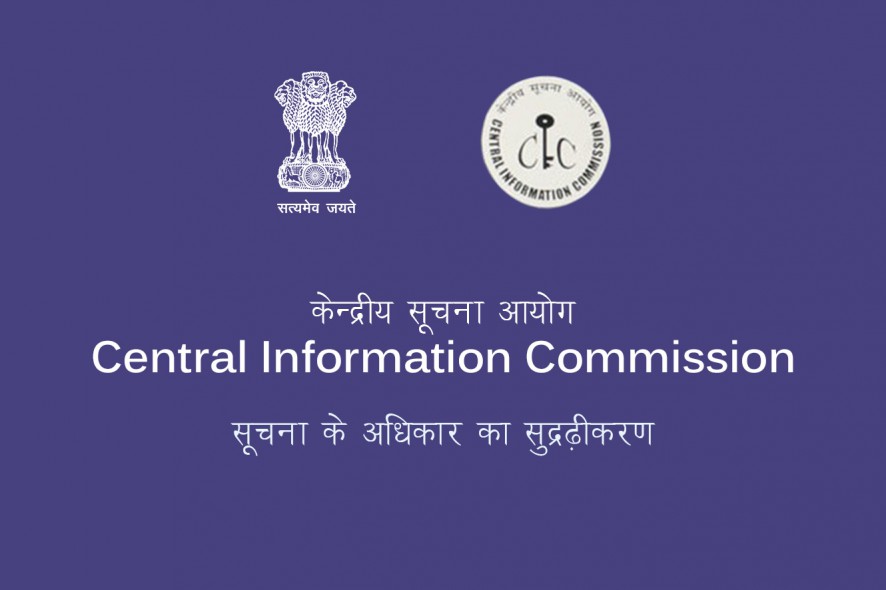Central Information Commission (CIC): While issuing a split verdict in a matter referred to Full Bench, Information Commissioners Sharat Sabharwal and Shri Sudhir Bhargava in their majority decision have held that information on the basis of which sanction for prosecution was sought by CBI in a corruption case cannot be disclosed as it will prejudicially affect prosecution. However, Information Commissioner Sridhar Acharyulu opined that basic tenet of criminal justice system tested over a period of time is that an accused should be given every bit of information/evidence and nothing should be heard on his back which is the reason behind open trial. Earlier, Indian Overseas Bank had denied providing the file notings, letters and documents relating to the grant of sanction for prosecution to applicant who was allegedly accused for corruption. The Bank and CBI, both invoked exception under Section 8(1)(h) of RTI Act contending that its disclosure would impede the ongoing process of prosecution in the CBI Court. CBI claimed complete exemption under Section 24 of the Act. The CBI also sought protection under S. 8(1)(g) saying divulging names of officers could endanger the officers participated in process. When the applicant approached CIC, single member bench of CIC recommended constitution of a full bench to hear the matter. The Full Bench of CIC heard both the parties and also referred to various judgments of Supreme Court and High Courts but there was difference of opinion between the members of the Bench in the matter and split verdict was delivered. In their judgment, Information Commissioners, Sharat Sabharwal and Sudhir Baraga observed that the Bank had rightly invoked Section 8 (1) (h) of RTI Act as disclosure of information would impede the process of prosecution. They also observed that the exemption granted to the CBI from applicability of the RTI Act, in terms of Section 24 (1), would become meaningless if RTI applicants could get from another public authority the very information that they cannot get from the CBI or information inextricably linked to the information and material provided by the CBI to a public authority. Whereas, Information Commissioner Sridhar Acharyulu noted that “The decision of IOB (Indian Overseas Bank) to deny the information to accused appellant is illegal, unconstitutional and in serious violation of appellant’s internationally recognized human rights besides the RTI Act.” He further observed that withholding such crucial information from the accused will result not only in breach of his right to information, but also his right to fair trial and access to justice. [Gulab Singh Rana v. Indian Overseas Bank, 2016 SCC OnLine CIC 3377, decided on July 21, 2016]
Full Bench of CIC delivers split verdict on disclosure of information on sanction for prosecution
Central Information Commission (CIC): While issuing a split verdict in a matter referred to Full Bench, Information Commissioners Sharat Sabharwal and Shri Sudhir






